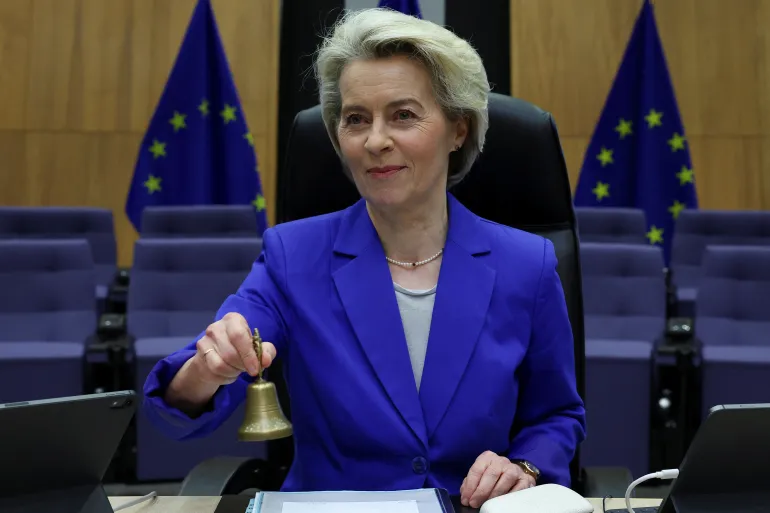In a significant shift in policy, the European Union has proposed a substantial enhancement of its defense capabilities. A move driven by growing concerns over Russia’s aggressive posture. And the unpredictability of former US President Donald Trump’s foreign policy. This blog post delves into the details of the EU’s defense proposal. The motivations behind this strategic pivot, and the potential implications for international relations and security dynamics. Defence Boost
Unveiling the EU’s Defense Strategy
A Comprehensive Proposal
The European Union’s new defense strategy encompasses a wide range. Of measures aimed at bolstering the bloc’s military and security infrastructure. Key components include increased defense spending, the development of joint military capabilities, and enhanced cooperation among member states. The proposal also emphasizes the importance of technological innovation and cybersecurity in modern warfare.
Rationale for the Boost
The initiative reflects the EU’s recognition of the evolving security landscape, characterized by heightened geopolitical tensions and emerging threats. The proposal is a response to the dual challenges of Russia’s assertive military actions in Eastern Europe. And concerns over the reliability of the United States as a security partner, particularly during Trump’s presidency.
Motivations Behind the Strategic Pivot
Addressing the Russian Threat
Russia’s annexation of Crimea in 2014 and its ongoing involvement in Eastern Ukraine have alarmed EU member states, particularly those in close proximity to Russia. The EU’s defense strategy is partly aimed at deterring further Russian aggression and ensuring the security of its eastern borders.
Navigating US-EU Relations
The unpredictability of US foreign policy under former President Trump. Including his ambivalent stance on NATO and frequent criticisms of European defense spending, has prompted. The EU to reassess its reliance on American military support. The proposed defense boost is a step towards greater strategic autonomy for the EU.
Implications for International Relations
A Shift in NATO Dynamics
The EU’s move to enhance its defense capabilities could alter the dynamics within NATO, potentially leading to a more balanced burden-sharing among allies. However, it also raises questions about the future of transatlantic security cooperation and the role of the US in European defense.
Potential Reactions from Russia
The strengthening of EU defense is likely to elicit reactions from Russia, which may view the initiative as a threat to its interests. The challenge for the EU will be to manage its defense buildup in a way that deters aggression without escalating tensions further.
Impact on EU Unity and Sovereignty
The proposal underscores the EU’s commitment to collective defense and sovereignty. By pooling resources and capabilities, the EU aims to foster unity among member states and enhance its ability to act independently on the global stage. Defence Boost
Inspired by Al-Jazeera News and Rear More Articles Here, Read Previous Blog Also.
